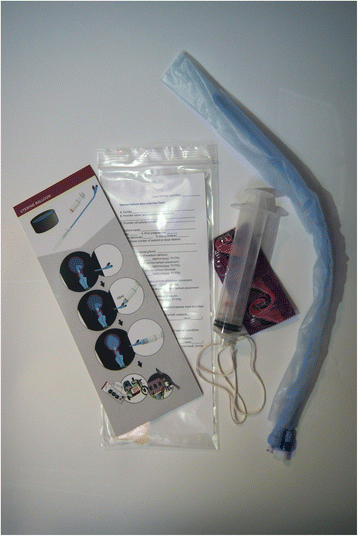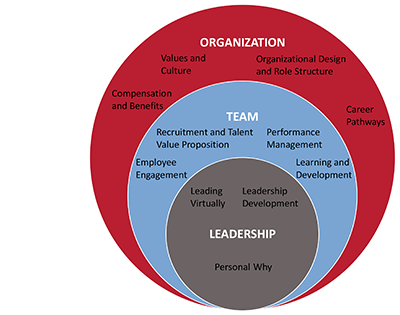
Every Second Matters for Mothers and BabiesTM—Uterine Balloon Tamponade (ESM-UBT) Every year, an estimated 130,000 women die from postpartum hemorrhage—uncontrolled blood loss from mothers during birth. This case study – the first in a series from the Launch and Scale Speedometer initiative – presents an overview of key elements that determined the pace of introduction and uptake of the ‘Every Second Matters for Mothers and BabiesTM-Uterine Balloon Tamponade’ to treat postpartum hemorrhage. This simple and inexpensive life-saving intervention, fashioned from a condom attached to a Foley catheter, was designed for use in low-resource settings. Read more about it here.




